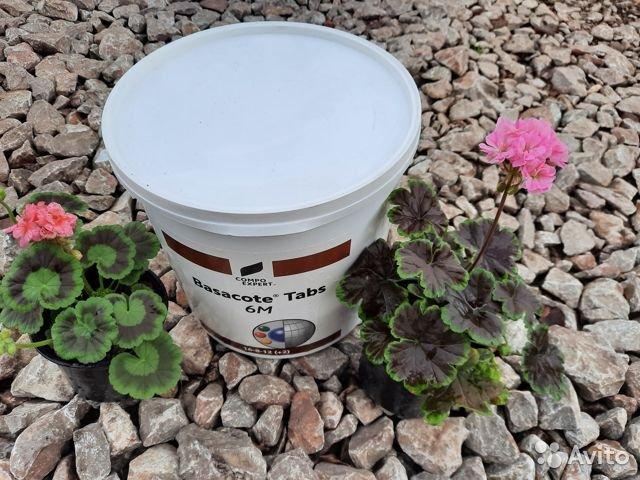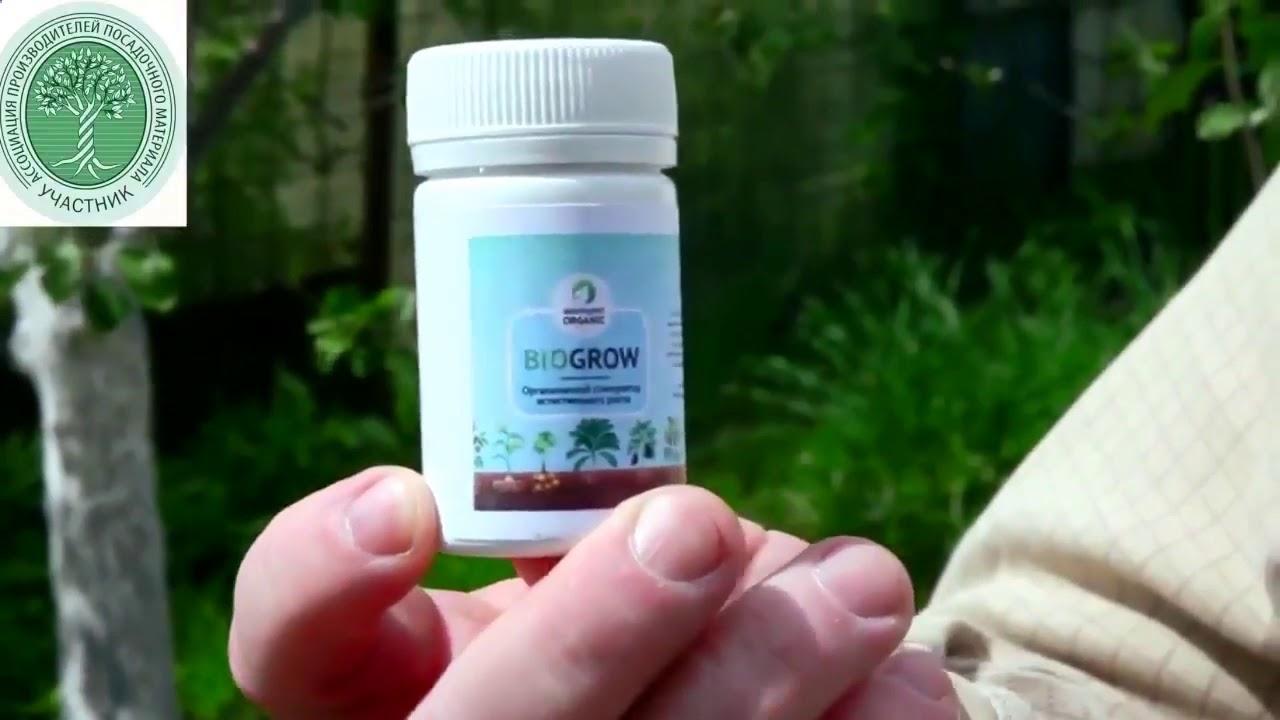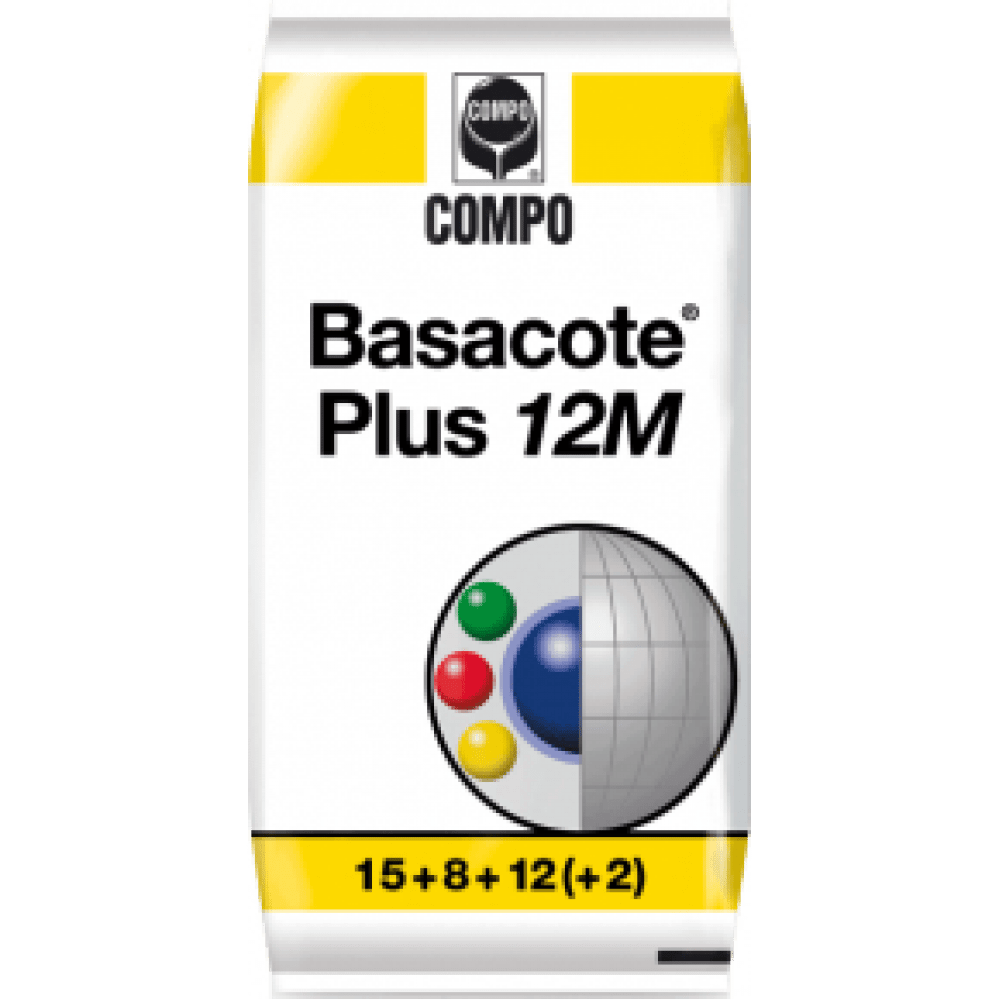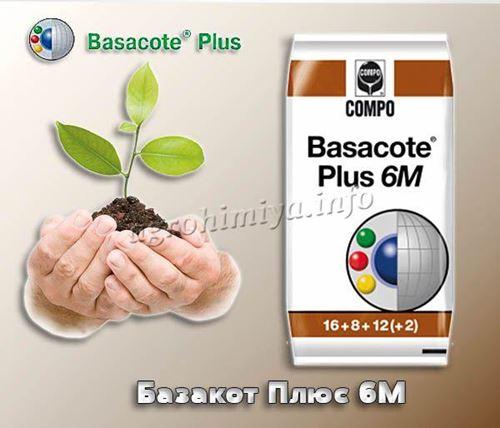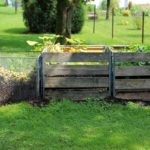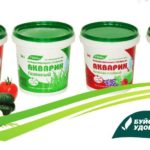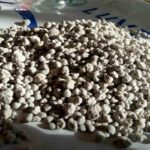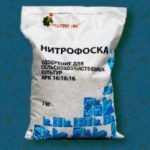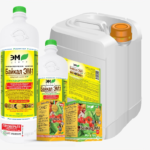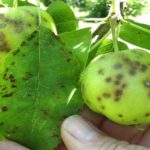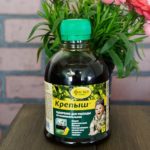Fertilizer "Bazakot" is a complex product that is very popular in European countries. It has 2 release forms - granules and tablets. The product can be used in regions with different climates. This is the most effective type of fertilizing that does not affect the soil acidity parameters and its composition. It is important to follow the instructions.
Composition and preparative form of fertilizer "Bazakot"
Fertilizer "Bazakot" is produced by the famous German company Compo. The uniqueness of the product lies in the gradual release of active substances into the soil. This active substance is suitable for making a substrate. It is also used as fertilizer or applied directly to planting holes.
The size of the granules is 2.5-3.5 millimeters. Their surface is covered with a polymer film, and inside they contain valuable components. Substances in tablet form are usually used to fertilize flowers that are grown in pots.
Before contacting the soil, the granules have their original characteristics. In addition, their ingredients do not fall into the ground during frosts. In this case, during plant development, microelements are released and dissolved in the liquid. This helps to obtain a highly concentrated solution.
All active ingredients in the fertilizer are presented in the form of chelates. Thanks to this, the drug is easily absorbed by cultivated plants. The substance is produced in the form of granules or tablets.
The fertilizer contains the following components:
- 2% MgO;
- 16% N;
- 8% P2O5;
- 12% K2O;
- 5% S.
Fertilizer "Bazakot" contains many useful substances that are needed by indoor and garden plants. The product contains the following microelements:
- 0.05% zinc;
- 0.06% manganese;
- 0.4% iron;
- 0.015% molybdenum;
- 0.02% boron;
- 0.05% copper.
Types of the drug
Cultivated plants differ in their individual growing season.
Therefore, the manufacturer offers several types of Bazakot drugs, which differ in duration of action:
- Basacote Plus 3M – designed for 3 months;
- Basacote Plus 6M – valid for six months;
- Basacote Plus 9M – designed for 9 months;
- Basacote Plus 12M – valid for 1 year.
In addition, there is the drug Basacote Hight K 6M. It is characterized by a high potassium content in its composition. The drug is suitable for plants that bloom profusely. It is also used for crops that are grown in flowerpots, flowerpots or pots.
Another type of fertilizer is Basacote Native 6M. The drug is used to create nutrient soil. It is also used for feeding crops that are sensitive to phosphorus.
Advantages and disadvantages
The fertilizer is absolutely harmless to the environment. Its ingredients do not cause soil pollution. The environmental friendliness of the product lies in the minimum dosage. This makes Bazakot preparations even more harmless and effective.
The key benefits of the funds include the following:
- minimal consumption - to obtain tangible results, it is enough to apply the composition once;
- complete assimilation by cultivated plants;
- possibility of replacing seasonal fertilizers;
- small granule size – this promotes uniform distribution of ingredients;
- minimal leaching;
- no burns to crops even with direct contact of the root system with the capsules.
The use of Bazakot preparations eliminates the need to add other fertilizers. Additional funds are not needed, since the composition fully provides the plants with valuable substances.
Preparations in this line can be used for most varieties of crops.Since each plant has an individual growing season, the company offers 4 types of fertilizers. They differ in duration of action.
The main disadvantage of the funds is their price. Bazakot preparations are quite expensive and only pay for themselves when growing crops on an industrial scale.
Instructions for use
When depositing Bazakot funds, you should follow the instructions for their use. The volume of the drug used is determined by its type. This is also influenced by the crops’ need for valuable substances. The optimal dosage is 2.5-3 grams per 1 liter of soil. If there is a significant amount of soil, it is recommended to use 2.8 kilograms of the drug per 1 square meter.
The use of tablets has certain differences. Use 1 tablet of the product per pot with a capacity of 2 liters. For flowerpots with a volume of 3-4 liters, you should use 3 tablets. The duration of action of this fertilizer is 1 year. The substance does not accumulate in fruits, and therefore does not harm human health.
It is worth calculating the volume of the substance when adding it to the hole, taking into account the size of the plant. If the trunk volume is 3-30 centimeters, a suitable dosage is 10-120 grams. The composition begins its action immediately after the temperature rises to positive levels.
How to protect yourself
When using the substance, it is important to adhere to safety rules. In this case, it is necessary to use personal protective equipment. To protect yourself from the negative effects of the active components of the drug, you should use gloves, goggles, and a respirator.
How to store it correctly
The product must be stored in a dry and dark place. It is recommended to do this out of the reach of children and pets.The shelf life of the drug is 5 years.
What can be replaced
The drug "Osmokot" is considered an effective analogue.
"Bazakot" is an effective fertilizer that helps saturate plants with nutrients and improves their growth. In order for the product to give the desired results, it is important to follow the rules for its use.

